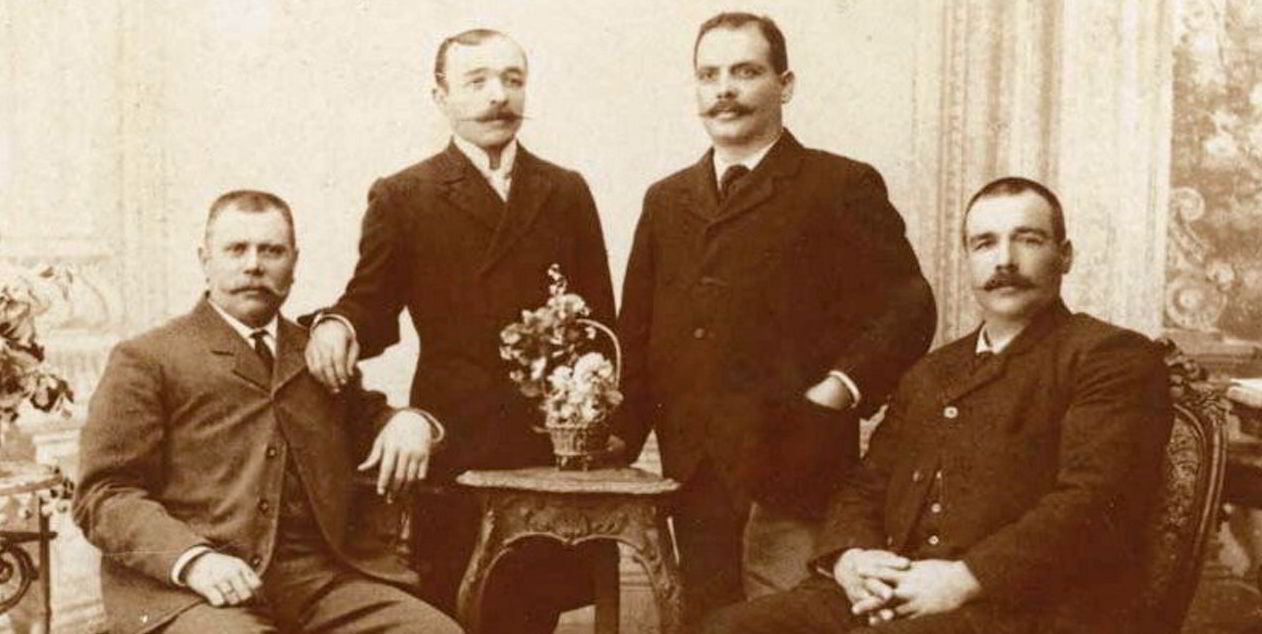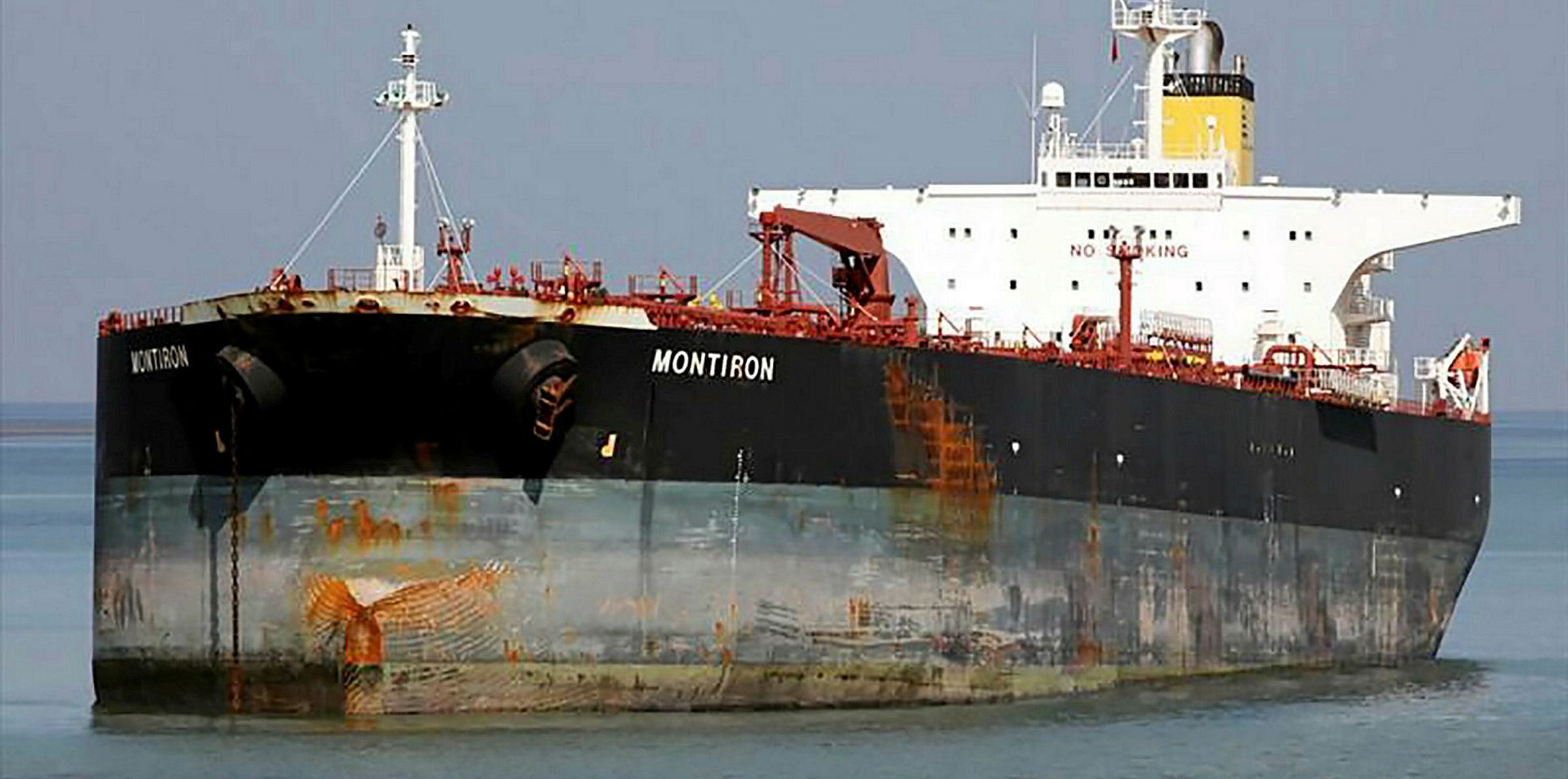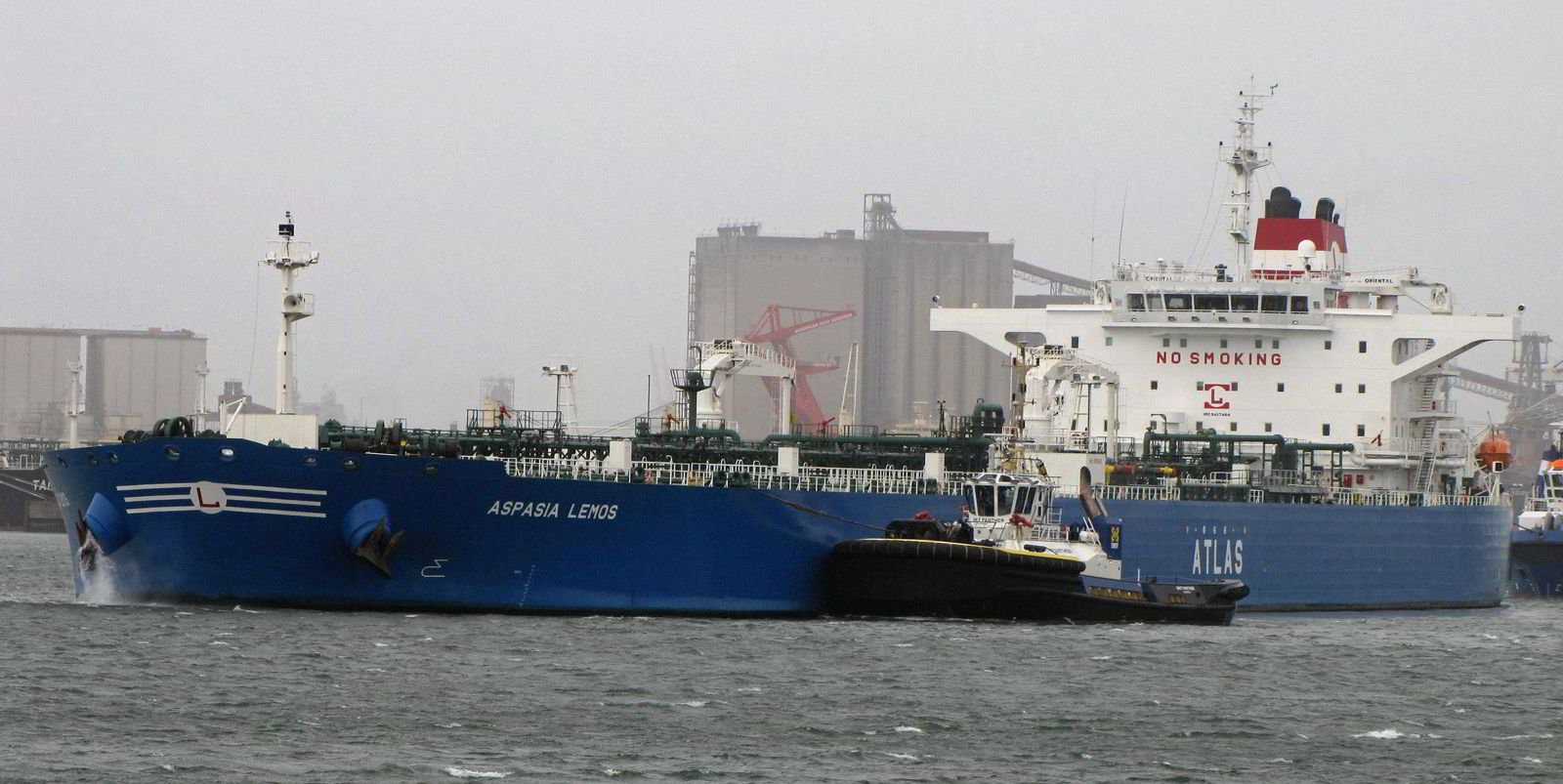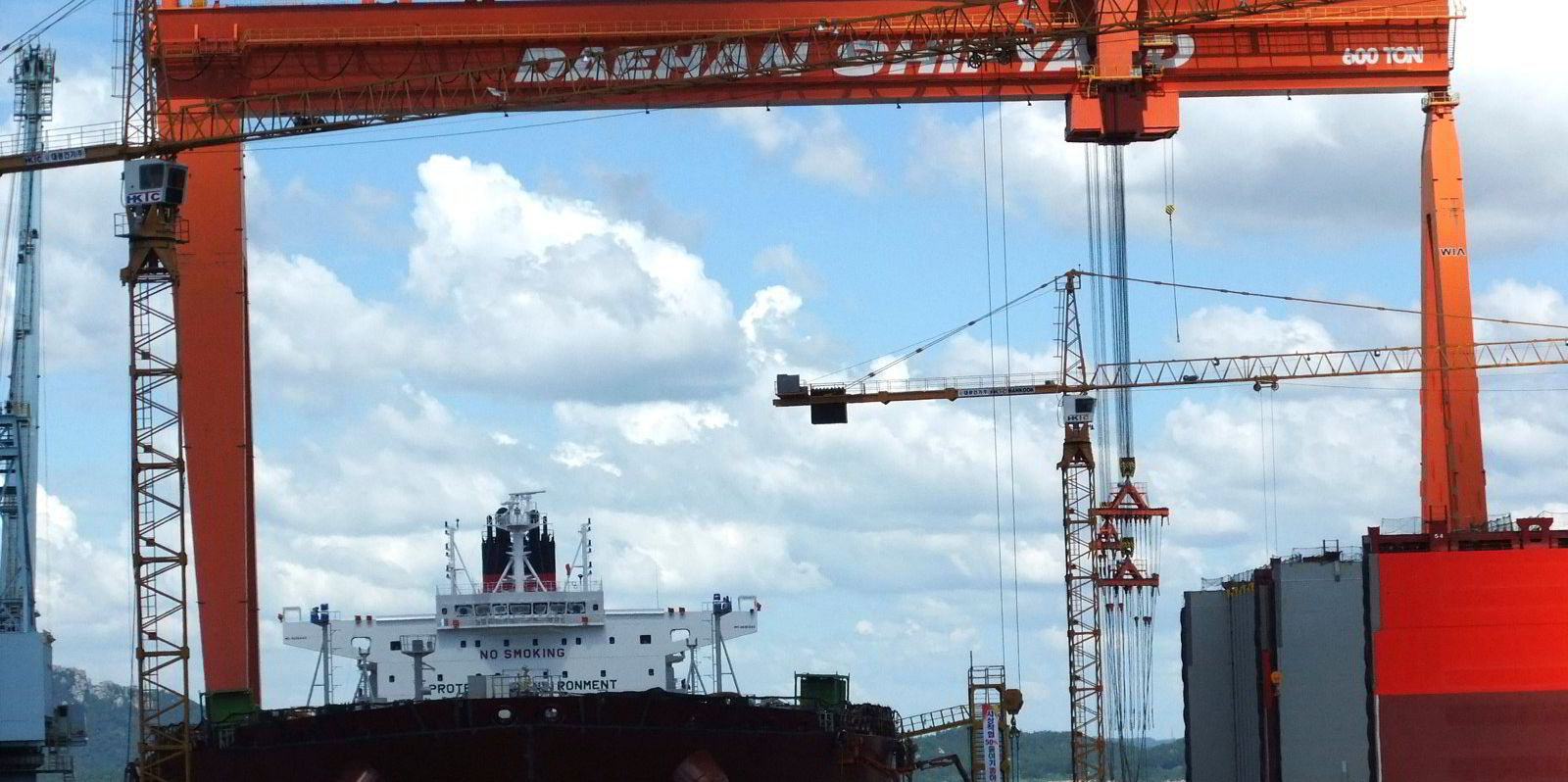Shipbuilding orders can hardly get more symbolic.
Amid the deepest coronavirus gloom and just one day after US pharma giant Pfizer unveiled an effective Covid-19 vaccine last November, Atlas Maritime moved swiftly to sign its first tanker newbuilding order in more than a decade.
"The announcement of the vaccine reinforced our conviction that the market will eventually turn and the world economy will start growing again," chief executive Leon Patitsas told TradeWinds in an interview at his Athens headquarters.
He struck again in the months that followed, upsizing Atlas' original order for a 115,100-dwt aframax crude carrier at Daehan Shipbuilding with a quartet of high-specification sisterships.
The South Korean shipyard is set to deliver the five newbuildings between March 2022 and April 2023. Patitsas believes they will arrive just in time to benefit from a strong market recovery.
"We think that the market will come back in a big way," he said. "Oil inventories have fallen to multi-year low levels and at some point everybody will want to restock."
Patitsas, 45 — a grandson of legendary Greek owner Leon C Lemos — expects this point to come sooner rather than later.
He and other oil tanker executives and analysts predict that as the world gradually comes to grips with the pandemic, global travel, work and leisure patterns will be re-established, leading to higher oil demand and production.
"Once the fleet utilisation reaches 90%, this is when the market becomes tight and you see spikes in the tanker market. We believe this will happen in the first half of 2022," he said.
Hitting the low-point
In anticipation of such spikes, Atlas has not arranged any employment for its newbuildings yet.
The market, however, is already working in Patitsas' favour.
The first couple of vessels he ordered last year cost between $45m and $46m each — the lowest prices for such ships in two decades.
"It was perfect timing," he said. "Shipyards were eager to take newbuilding orders."
Talks with Daehan and other yards began as early as September 2020, when, according to Clarksons, the crude carrier orderbook stood at 8% of the active fleet — its lowest level since 1997.
The orderbook ratio has barely moved upward since.
The Atlas newbuildings' engine: MAN B & W 6G60ME-C10.5
Maximum continuous rating: 13,000kW at 86 revolutions per minute.
Latest version of electronic G-Type engine with reduced specific fuel oil consumption, design optimised components and Triton control.
Requirements complied with: Oil Companies International Marine Forum mooring equipment guidelines; IMO's Energy Efficiency Design Index Phase 2 and NOX Tier III standards; International Safety Guide for Oil Tankers & Terminals 6th edition.
"Most yards are booked until 2024 or 2025 with containers, dry bulk, LNG and other sectors," Patitsas said.
As expectations of a tanker recovery firm up and several players in the segment seek to position themselves for it, the value of Atlas' newbuildings has shot up.
According to various London brokers, the vessels are worth more than $60m apiece now, said Patitsas, giving his entire newbuilding fleet a value of more than $300m.
He does not rule out selling one of the newbuildings to cash in on its value appreciation: "We will look at the different alternatives and decide whether we want to fix period or possibly consider selling one of the vessels, since we have five. If we had just one vessel, it would have been a more difficult decision."
It would be far from the first successful asset play in the history of the company, which Patitsas set up in 2003 after studying shipping finance and mechanical engineering at Massachusetts Institute of Technology and Tufts University in the US.
The company, whose name is inspired by the statue of an ancient Greek deity in front of New York's Rockefeller Center on Fifth Avenue, where Patitsas was working for UBP Bank in the late 1990s, started with bulkers, which it sold at the peak of the market between 2005 and 2008.
Another string of well-timed sale-and-purchase moves early in 2020 put the company in the position to go on a shipbuilding spree.
Atlas benefited from a spike in tanker markets then to lock in lucrative medium to long-term charter rates for its ships and raise nearly $50m from the sale of three 17-year-old aframaxes, which might have found it hard to remain profitable amid tougher future environmental standards.
Fleet renewal continued last month with the sale of the 105,200-dwt Aspasia Lemos (built 2009) and an asset play with the company's only bulker, the 83,000-dwt Atlas Strength (built 2006).
"We always want to take a view of being counterintuitive and countercyclical," Patitsas said.







